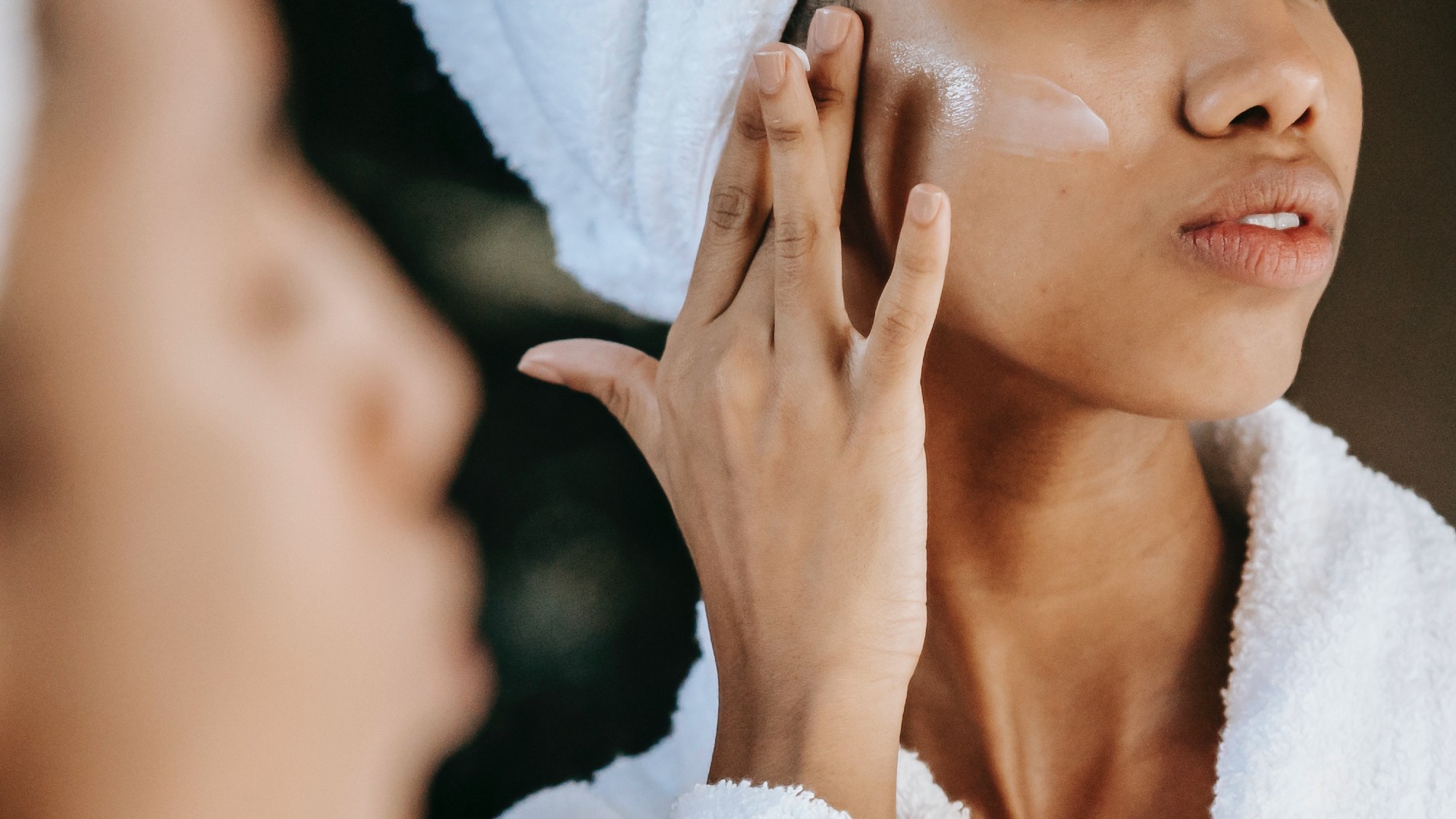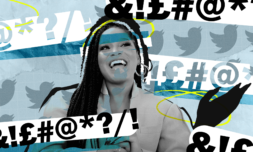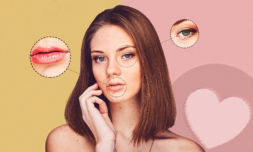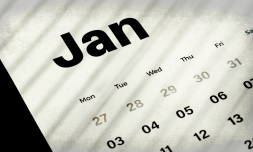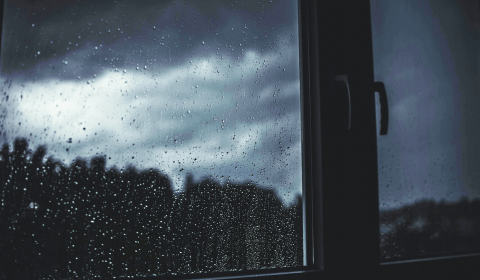Amid a growing number of people choosing to ditch complex makeup and skincare routines in favour of a more pared-back approach, 2023 is all about embracing our au naturale selves.
In 2015, Em Ford sparked debate with You Look Disgusting, a YouTube video highlighting how damaging the shame associated with being ‘less-than-perfect’ can be, especially on social media.
Almost a decade later, it goes without saying that the modern-day standards of beauty have changed dramatically. While there’s still a long way to go, the shift has been monumental, gaining so much traction that the visibility of real skin in mainstream media has started to become the norm.
Now, more than ever, we’re being taught to forget what’s considered ‘ideally’ beautiful and, in the midst of this transformative era, we’re paving the way for more acceptance towards imperfection.
This is best exemplified on platforms like TikTok, where despite how often the remnants of comparison culture still tries relentlessly to seep through the cracks, the general consensus that body positivity is ‘in’ and our futile pursuit for perfection is ‘out’ has taken the reins.
During the last few years, we’ve watched laws come into effect prohibiting influencers from using misleading filters, advertising authorities call for commercial photos featuring retouched bodies to be labelled as such, and Gen Zers adopt a more minimalistic approach to their appearance.
Most recently, Emmy-award-winning actress Keke Palmer clapped back at Twitter trolls calling her ‘ugly’ by challenging their relationship with makeup and how they measure their self-worth.
Articulating what many of us have been thinking for some time, this message has set the new year off on the right foot, establishing what our perception of ‘beauty’ will look like going forward.
In 2023, with Gen Z in particular gravitating ever-further from the full beat obsession and overdone Instagram face that’s dominated our feeds for the majority of their existence, complex makeup and skincare routines have lost their appeal and it’s all about embracing our au naturale selves.










